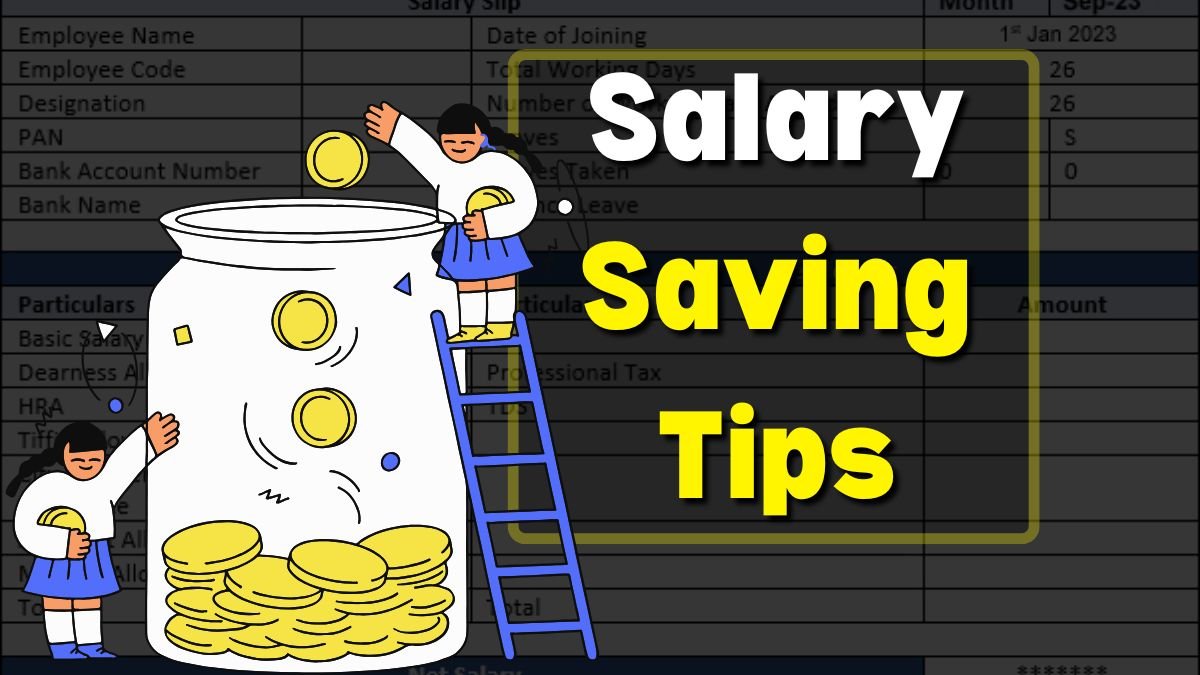Do you sometimes find yourself running short of funds before the month runs out? You are not alone in this. Nowadays, many people find it difficult to manage their salary, with inflation rising and incomes stagnant. The bright side? With a couple of strategies, saving, spending well, and securing the future can be done, even on a low salary.
This guide takes you through real and practical steps that will ensure that you save regularly and avoid unnecessary expenses, thereby growing your wealth over the years. So, let’s get started!
1. Create a Budget Before Your Salary Arrives
One of the biggest mistakes people make is spending first and saving whatever is left. Instead, flip the script:
- List essential expenses (rent, groceries, bills, EMIs).
- Allocate a portion for leisure (dining out, entertainment).
- Save and invest first—before spending on non-essentials.
Pro Tip: As soon as your salary hits your account, transfer your savings and investments immediately. This ensures you don’t dip into them later.
2. The 10-20-30 Rule: A Foolproof Saving Strategy
If saving feels impossible, start small and scale up:
- First 6 Months: Save 10% of your salary.
- Next 6 Months: Increase it to 20%.
- Beyond a Year: Aim for 30%.
By gradually increasing your savings, you’ll adjust your lifestyle without feeling deprived. Consistency is key—even small amounts add up over time!
3. Cut Back on Non-Essential Spending
We live in an era of instant gratification—flashy ads, tempting discounts, and one-click purchases. But impulse spending is a wealth killer.
Ask yourself before buying:
- Do I need this?
- Can I delay this purchase?
- Is there a cheaper alternative?
Small changes make a big difference:
- Brew coffee at home instead of daily café trips.
- Cook meals rather than ordering in frequently.
- Unsubscribe from promotional emails to resist unnecessary shopping.
4. Avoid Debt Traps (Especially Credit Cards)
Relying on credit cards when cash runs out is a dangerous cycle. High-interest debt can quickly spiral out of control.
Instead:
- Use credit cards only if you can pay the full bill on time.
- Build an emergency fund (3-6 months’ expenses) to avoid borrowing.
5. Invest Your Savings Wisely
Saving alone isn’t enough—make your money work for you. Consider:
- Fixed Deposits (FDs) for safe, steady returns.
- Mutual Funds (SIPs) for long-term wealth growth.
- PPF or NPS for tax-saving and retirement planning.
Start small, but start now. Even ₹500/month in a good investment can grow significantly over time.


